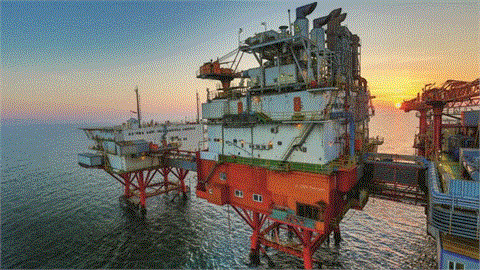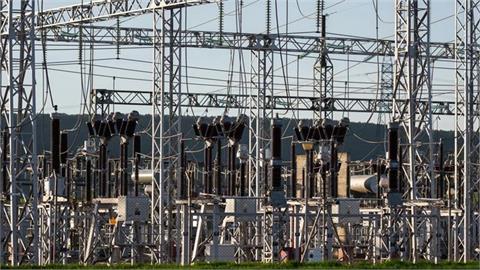Turkey has taken an important step towards reaching its 2023 renewable
energy targets thanks to support from the European Bank for
Reconstruction and Development (EBRD).In a move to grow the share of
renewables in the country’s energy mix, increase security of energy
supply and reduce greenhouse gas emissions, the Turkish Ministry of
Energy and Natural Resources has developed – with the support of the
EBRD – Turkey’s first National Renewable Energy Action Plan in line with
the EU’s Renewable Energy Directive.Turkey has pledged to develop 30
per cent of its total installed capacity from renewable sources by 2023.
The objective is to add 34 GW of hydropower, 20 GW of wind energy, 5 GW
of solar energy, 1 GW of geothermal and 1 GW of biomass. The country
also aims to have 10 per cent of its transport sector needs met by
renewable energy.To achieve this goal Turkey must increase its
non-hydro renewables output about sevenfold in less than ten years. The
action plan developed with the EBRD is the guiding document for the
Ministry of Energy and Natural Resources to meet these targets.It sets
out the course of action required to attract more investment in
renewable energy projects. For example, the document identifies the
regulatory gaps hindering private investment in the sector and
establishes measures based on international best practices.These
include financial support for projects, cutting red tape and improving
the legal framework, enhancing the interconnection infrastructure and
developing support mechanisms such as the early stage geothermal support
framework currently being pioneered by the Bank.Minister of Energy and
Natural Resources, Taner Yildiz, said: "Turkey will continue increasing
energy generation from its domestic resources, including from renewable
sources such as hydro, wind, geothermal and biomass.”"Renewable energy
is one of the key elements of the policy and strategy which shape
Turkey’s energy agenda,” he added. Terry McCallion, EBRD Director for
Energy Efficiency and Climate Change, said: "This action plan is a
roadmap to a big change. The target is ambitious, but with determined
and concerted efforts at all levels of government and with the full
participation of the industry, Turkey will be able to unlock its green
energy potential. This will have a positive impact on businesses,
people’s lives and the environment.”The initiative to support the
Turkish Ministry of Energy and Natural Resources in developing the
action plan is funded by a €150,000 grant provided by the government of
Spain. This financing enabled the EBRD to hire the Deloitte consultancy
to work with the Ministry. The involvement of the EBRD builds on a
Sustainable Energy Action Plan signed with the Turkish Undersecretariat
of the Treasury in 2011. In line with the plan, the Bank works with the
government, provides donor-funded technical advice and invests in
renewable energy projects.To date the EBRD has directly co-financed the
construction of two of the largest wind farms in Turkey: the 142.5 MW
Enerjisa Bares wind power plant in Balıkesir and the 135 MW Rotor wind
farm in Osmaniye. Both plants are in operation and together account for
about 8 per cent of Turkey’s current wind-power-generated
electricity.In addition, the EBRD finances mid-sized and small-scale
renewable energy generation in the private sector through dedicated
credit lines to Turkish banks, MidSEFF (Turkey Mid-size Sustainable
Energy Financing Facility) and TurSEFF (Turkey Sustainable Energy
Financing Facility), respectively. The Bank is also financing
sustainable energy in the residential sector through its newly
rolled-out Turkey Residential Energy Efficiency Financing
Facility.Sustainable energy represents almost half of the Bank's total
portfolio in the country and since 2009 the EBRD has invested €2.1
billion in 55 such projects.Since it started operating in Turkey in
2009, the Bank has invested almost €5 billion in the country through
more than 140 projects in infrastructure, energy, agribusiness, industry
and finance. In 2014 Turkey became the EBRD’s leading recipient
country, with new investments worth €1.4 billion.
(EBRD/balkans.com)
Related content
Thursday, 11 December 2025
Thursday, 11 December 2025
Wednesday, 10 December 2025
Wednesday, 10 December 2025



